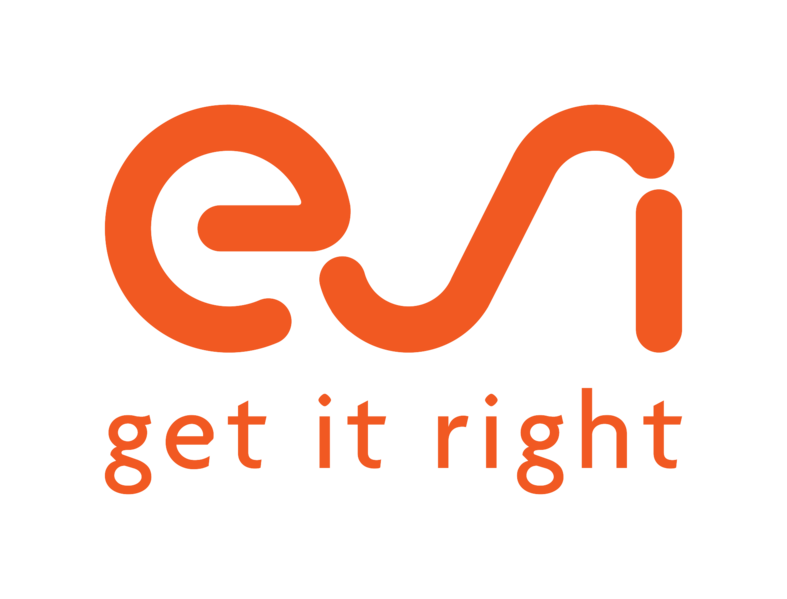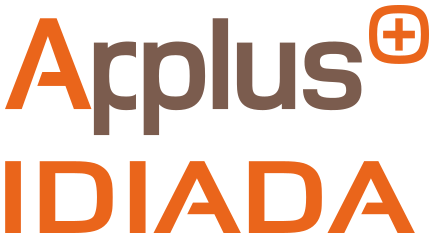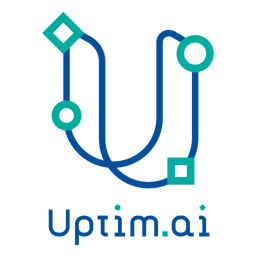Meet Industrial AI
We help teams in the automotive and aerospace industries enhance their designs by 37% and reduce costs by up to 10% by leveraging AI on small datasets.
1
Make your product better
Enhance the key driving parameter of your product - proven between 11-63% and on average being 37% across all use cases
2
Make your product more cost-effective
Cost reduction by an average of 10 % for customers focusing on cost
3
Leverage your small data sets
Turn your R&D investments into actionable decisions with higher confidence
Physical testing or simulation is very expensive, so companies tend to have limited amount of data based on which to design and manufacture their products.
Meet Industrial AI
We help teams in the automotive and aerospace industries enhance their designs by 37% and reduce costs by up to 10% by leveraging AI on small datasets.
Physical testing or simulation is very expensive, so companies tend to have limited amount of data based on which to design and manufacture their products.
See Uptimai in Action
Watch how Uptimai analyzes and optimizes pump geometry using Onshape, SimScale, and AI-driven digital twin technology.
Import CAD data from Onshape and run CFD simulations via SimScale
Identify key design parameters using sensitivity and increment analyses
Achieve robust, high-efficiency designs with predictive modeling
Let's Work Together
Technical Consulting
We work alongside your team to deliver engineering excellence
Design optimization
AI modelling or Data mining
Cost reduction
R&D Projects
We work together on state-of-the-art R&D projects mainly doing Proof of Concept
Fixed-length projects
Track history of being both a Supplier and Prime Contractor
On-premise AI deployment
We let your engineers perform AI operations, such that data never leaves your organisation
Full integration into your digital processes
Fully on-premise installation
We help you learn the latest AI techniques on synthetic data
Case Studies
Testimonials

Assistant Professor – University Coordinator for Space Research, VUT Brno
At Brno University of Technology, we utilize the Uptimai software as a top-tier tool in both research and development projects as well as in education. This unique CAE software excels in the field of robust statistical optimization of designs for complex engineering systems. Its use allows us to push the boundaries of innovation and modern methods in research and development, significantly contributing to achieving exceptional quality results.
Partners Who Trust Us
Aerospace
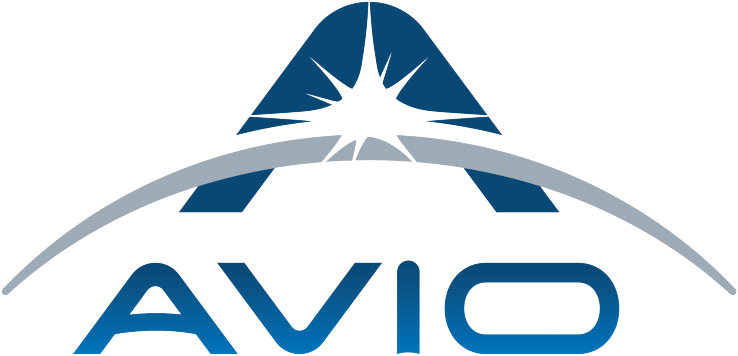



Automotive


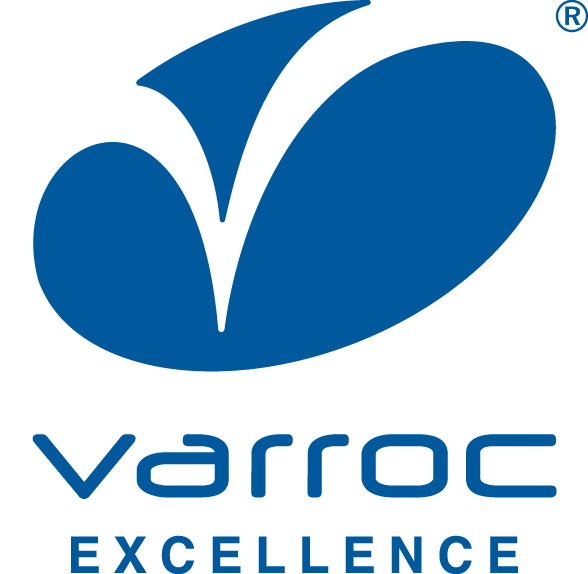

Manufacturing

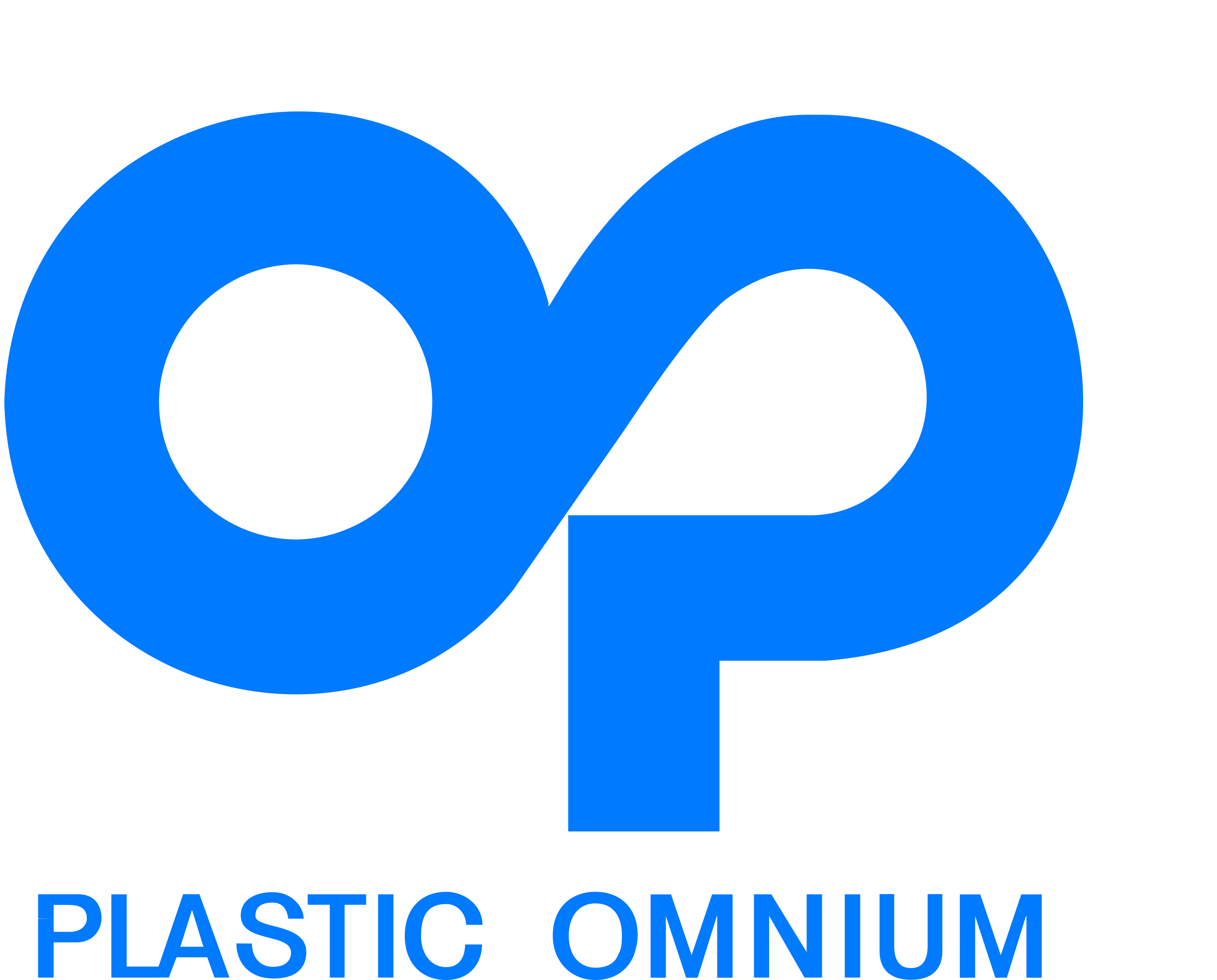
Academics




Consulting



CAE
